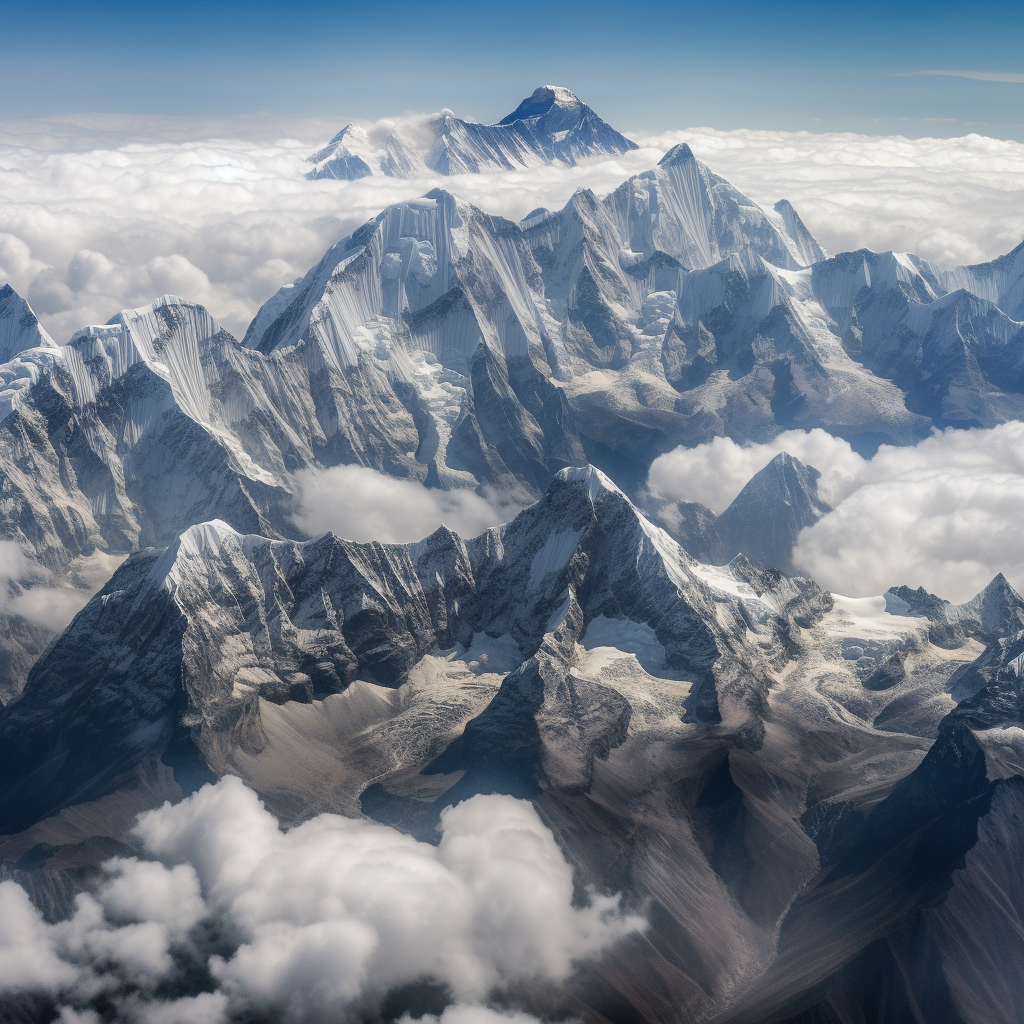June 22, 2023
Melting Glaciers in the Himalayas – The Alarming Impact on Environment and Economy
Book a Demo
Glaciers in the Hindu Kush and Himalaya mountain range are melting at an unprecedented rate, 65 percent faster from 2010 through 2019 than in the previous decade. This alarming trend is a result of climate change and rising temperatures, which have been affecting the region’s water supply, agriculture, and biodiversity. Over two billion people in more than a dozen countries depend on melting ice and snow for their water supply from the mountain region or in the river valleys downstream. The loss of these glaciers will have significant impacts on the region’s environment and economy.
Himalayan glaciers could lose up to 75% of their ice by 2100, according to a new report. This could lead to increased frequency of landslides, floods, and avalanches. Melting glaciers are destabilizing the landscape and raising the risks of hazards like floods and landslides. Emergency preparedness and response systems in the region are not designed to cope with the disasters that will follow the melting of glaciers.
The loss of these glaciers could also lead to significant impacts on the region’s biodiversity. A quarter of the plants, animals and other life-forms only found in the region could be wiped out by 2100. The melting of the glaciers could also affect the region’s agriculture, which is highly dependent on the water supply from these glaciers.
Immediate action is needed to address climate change and reduce greenhouse gas emissions to slow down the melting of these glaciers. Urgent action is needed to reduce greenhouse gas emissions to slow down the melting process. The glaciers will continue to shrink, and their meltwater will eventually start to dwindle around 2050. The loss of these glaciers could have serious consequences for the environment and economy of the region. It is essential to take immediate action to protect the region’s natural resources and the livelihoods of the people who depend on them.



